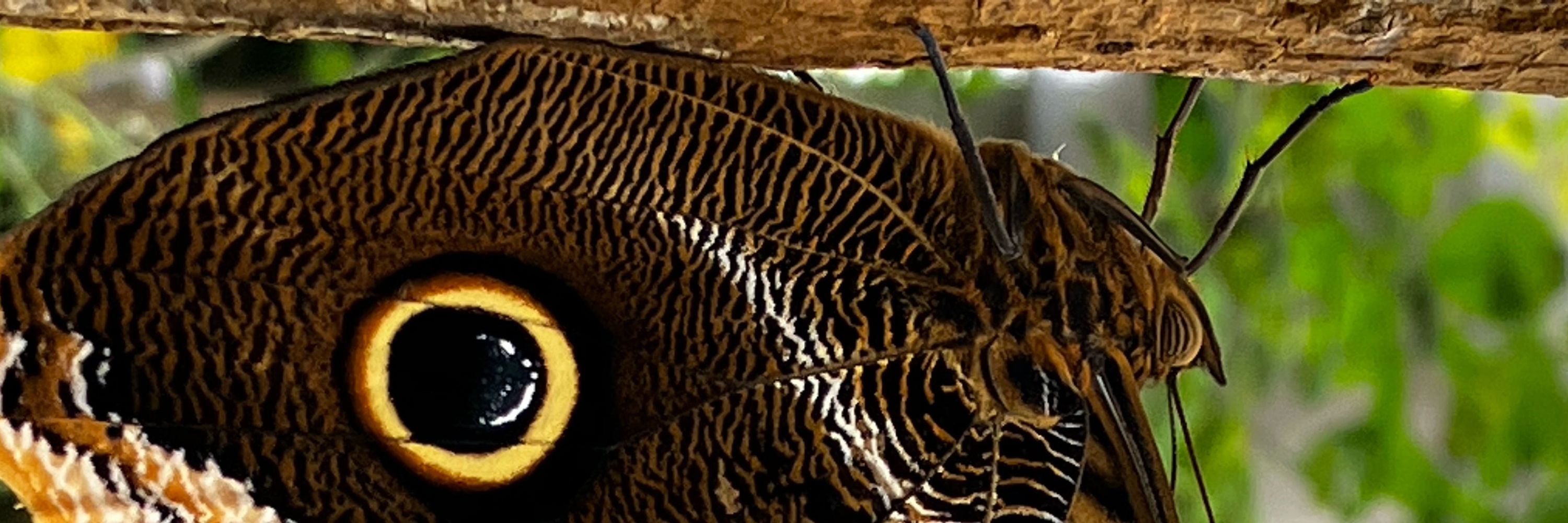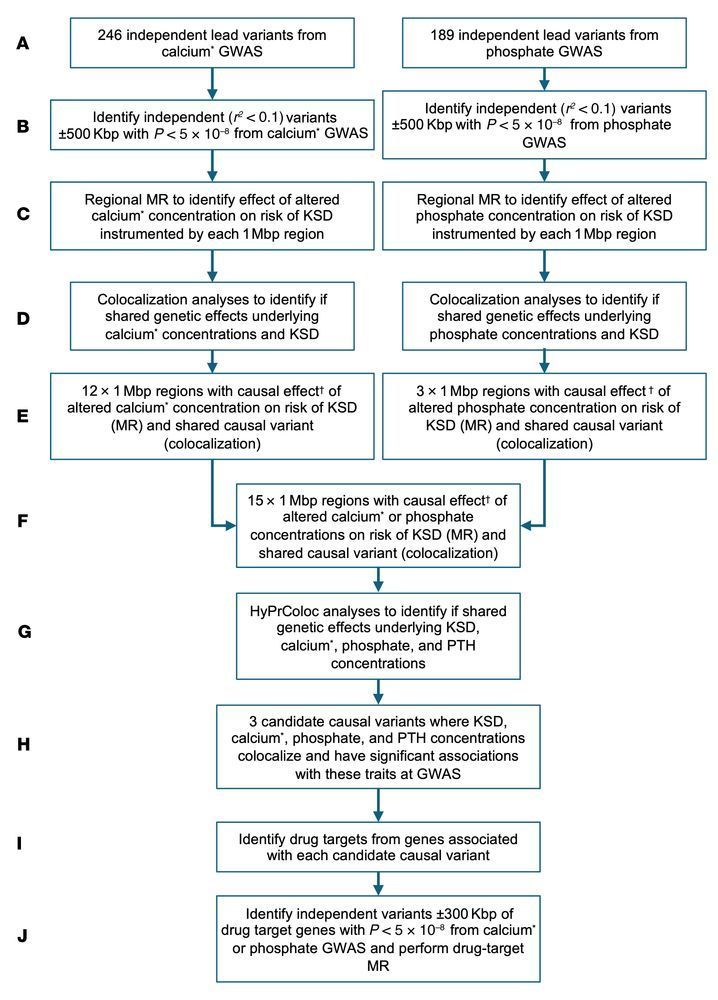
@danfuster.bsky.social
@sarahhowles.bsky.social

@danfuster.bsky.social
@sarahhowles.bsky.social
@celovegrove.bsky.social @sarahhowles.bsky.social & team identify three biologic pathways that underlie ~11-19% of common causes of stone formation: buff.ly/INjAjLy

@celovegrove.bsky.social @sarahhowles.bsky.social & team identify three biologic pathways that underlie ~11-19% of common causes of stone formation: buff.ly/INjAjLy
jci.org/articles/view/…
jci.org/articles/view/��� @celovegrove.bsky.social @ndsurgicalsci.bsky.social
jci.org/articles/view/…
jci.org/articles/view/��� @celovegrove.bsky.social @ndsurgicalsci.bsky.social
Plenty more work to do!
Plenty more work to do!
“By identifying 3 changes in 🧬 that ⬆️ the risk of kidney stones, it may be possible to use this info, alongside other risk factors, to provide personalised treatments for patients. ”
@kidneyresearchuk.org @sarahhowles.bsky.social @ndsurgicalsci.bsky.social

“By identifying 3 changes in 🧬 that ⬆️ the risk of kidney stones, it may be possible to use this info, alongside other risk factors, to provide personalised treatments for patients. ”
@kidneyresearchuk.org @sarahhowles.bsky.social @ndsurgicalsci.bsky.social
🔟 years of high-impact, collaborative research in urology.
🫵 Ready to join our next chapter?
👥Medical students & doctors in UK & ROI:
Apply here NOW: is.gd/BURST25Rec
🗓️Applications close 28th Feb 2025
#UroSoMe #Urology #Research
🔟 years of high-impact, collaborative research in urology.
🫵 Ready to join our next chapter?
👥Medical students & doctors in UK & ROI:
Apply here NOW: is.gd/BURST25Rec
🗓️Applications close 28th Feb 2025
#UroSoMe #Urology #Research




